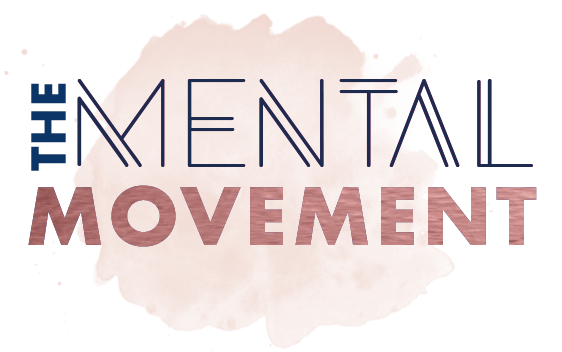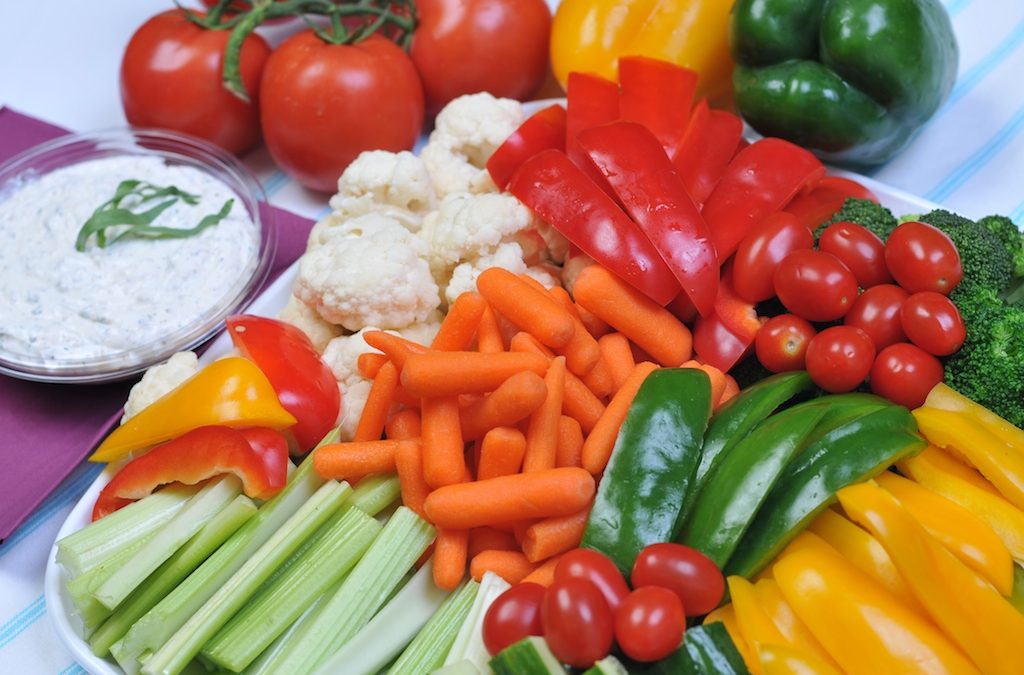I’ve never been very good with nutrition and, until relatively recently, had very little interest in or skill at cooking. Food to me was something which became urgent when hungry, sometimes accompanied a night out and, most frequently, was there as my mechanism for dealing with whatever emotion, happy or sad, was most prominent that day.
I didn’t spend any more time than absolutely necessary on food and my taste buds couldn’t tell the difference between a ham sandwich and a griddled fillet of organically hand reared sea bass served with a sprinkling of beluga caviar and a shitake mushroom jus. In fact, that’s a lie, my tastebuds could tell the difference and they would choose the ham sandwich every time.
This creates a bit of a problem when you harbour a passion for becoming an athlete and aspire to represent the “my body is a temple” motto as opposed to the “my body is a temple of doom” version. It was also a problem in the lack of self-care I was showing, the impact that had on my sense of self-worth and became a pretty vicious cycle which I wrestled with on a daily, if not hourly, basis.
After a rocky few years where I was sporadically experiencing depression, much of which was self-medicated with fried potato based products, my scales declared a new all time high of 87kgs (or 13.5 stone), which at 5′ 6″ put me firmly in the obese category. I was still playing tennis and attempting to exercise but I was pretty uncomfortable in my own skin, let alone my clothes which had by this point notched up to a large size 16. For someone who also has a love for fashion it was somewhat torturous to witness my clothes becoming more sack-like by the day.
Although this was the pinnacle of my weight gain, I had essentially been wanting to lose weight on a daily basis since I was about 13. That’s approximately 20 years and 7,300 days of struggling with a love-hate relationship with food. As our American friends would say…enough already.
There is so much conflicting, and in some cases misleading, information out there about diet and nutrition, it’s overwhelming and encourages those desperate to lose weight to swing from one new diet to another, inevitably with a few lapses/binges and a small portion of self-loathing in between. We’re often left confused, frustrated and a few pounds heavier than when we started.
Personally, I would probably find it psychologically easier if it were possible to go cold turkey on food (excuse the pun) but, unlike dealing with self-medication via drugs or alcohol, that’s not possible. And would also make life extremely dull and tasteless, literally and metaphorically.
As a sport and exercise lover, I also find the facts that that “you can’t out-train a bad diet” and “weight loss is 80% driven by nutrition” particularly irritating and personally inconvenient.
Food is an essential, unavoidable and scrumptious part of life. But for those who, like me, have struggled with their weight and their relationship with food, it is extremely important to find a way to take back control, to care for yourself and to allow food to be your source of energy and pleasure, not a constant enemy to be resented and regretted.
So, how did I lose 17kgs and what advice would I give to those who want to change their own relationship with food…..
Keep it simple
The real science of nutrition is a complex and never-ending field, unless you feel like studying for a degree in it, I would suggest keeping things simple so that whatever adaptations you decide to make to your diet are as easy as possible to switch to and stick to.
Small changes
Don’t try to change every aspect of your diet in one fell swoop, it will be too much and everything will indicate that you should just give up. Perhaps identify one small change that you want to make each week, focus on that, give your body and your mind time to adapt to this new activity/habit/taste before moving onto the next change.
Make it for the long-term
Be honest with yourself. If you are someone who, like me, has had long-term issues with controlling their eating habits then quick fix diets which promise that you’ll lose a stone in a month or ask you to substitute real food with supplements will, at best, lead to a relatively unpleasant month/week/day and some temporary weight loss achieved through avoiding the issue. At worst, it could lead to a very unpleasant month/week/day and leave you feeling like a failure with no skills to manage the real problem. Have a conversation with yourself and find out whether you’re ready to make some changes for the long-term – if the answer is ‘no’, then try to work out why you’re not ready yet or what it would take to get you to a place where you’re committed to making some long-term changes.
Don’t kid yourself
I find it difficult to believe there are many overweight people out there who genuinely can’t identify any part of their diet which is having a negative impact on their weight. We all have our vices and our bad habits, confess these to yourself and start by tackling the one which you think you have the best chance of changing.
Consistency
Most human beings respond well to routine and have as much capability to develop good habits as they do bad ones. Once you’ve identified the small changes you want to gradually make, try to keep them consistent – as a very general rule if, over the course of a week, you can stick to your good food habits 80% of the time and have a pleasurable, guilt-free relationship with some more indulgent habits 20% of the time then you should have the right recipe for a fun and healthy relationship with food.
Organisation & planning
In order to achieve the consistency mentioned above and to give yourself the best chance of sticking to your plans, getting organised about food is essential. It may sound a bit boring and just another thing to add to the to-do-list but, if you are truly committed to improving your eating habits, then this is an invaluable investment of your time. I use Pinterest to keep a record of healthy recipes that I’d like to try and I do a weekly online shop to make sure my kitchen is well stocked with tasty options. I also cook a lot of one-pot recipes so I can make a big batch and have several meals in the freezer for days when I don’t feel like or have the time to cook. By planning ahead what you’re going to eat, whether at home, at work or in a restaurant, you significantly reduce the probability that you’ll make a less healthy choice in the moment.
Finding your own way
Another reason why I’m not a huge fan of following diets prescribed by others is that those people aren’t you, they don’t have your tastes, preferences, lifestyle or habits. Of course, if you’re really starting from scratch, then having some guidance may be useful but I don’t think picking up someone else’s food choices and trying to deposit them into your life, and your mouth, is likely to give you the long-term outcome you’re looking for. Identifying my strengths and weaknesses when it comes to food was an important part of my journey – I’m generally quite motivated at the start of the day so 90% of the time I make good breakfast choices (homemade muesli or fruit, veg, protein smoothie, may be eggs at the weekend) but I start to wane mid-afternoon so I’ve tried to find some healthy, but tasty, snacks which will keep me away from the temptation of crisps. When it comes to eating out, I cannot get my head round the idea of going to a restaurant which offers several things which I know I’ll thoroughly enjoy and instead choosing, and paying for, something which brings me next to no pleasure. So, I will always choose to spend my 20% on eating out with friends and, of course, the wine which seems to magically appear with these meals.
Not beating yourself up
Once you’ve started making some small changes, be proud of them and think about spending more time celebrating those victories than you do berating yourself for things you’re yet to address. You’re a perfectly imperfect human being, there is only so much you can master at once and you’re going to slip up, have bad days or consciously choose something deliciously “bad” – savour those morsels, otherwise what on earth is the point, and purposely steer yourself away from any feelings of guilt, they don’t serve any useful purpose on this matter. The brilliant thing that I’ve realised about eating well is that it’s not like an exam, where you get one shot and you pass or fail, you have a continuous opportunity to make good conscious choices and do things things differently. So, if you mess up, then focus your energy on making a better choice next time.
Final thoughts…
I have over 30 years worth of practice and habit to break down around my eating habits but I know that, in recent years, I’ve made a huge amount of progress in terms of my knowledge about nutrition and my awareness of my relationship with food. I would never want that relationship to be functional, there are too many tasty things out there for that nonsense, but I do want to be able to nourish myself with some care and according to one of my most hated words…..“moderation”.
I know that I have a strong and impressive body, in terms of what it can do and occasionally what it looks like, but I also know that if I can consistently live the 80/20 rule then a few more kilos will fall off and the six pack, which I know is hiding under there, will be revealed at long last.
The downside for the rest of the world will be the avalanche of crop top selfies!


